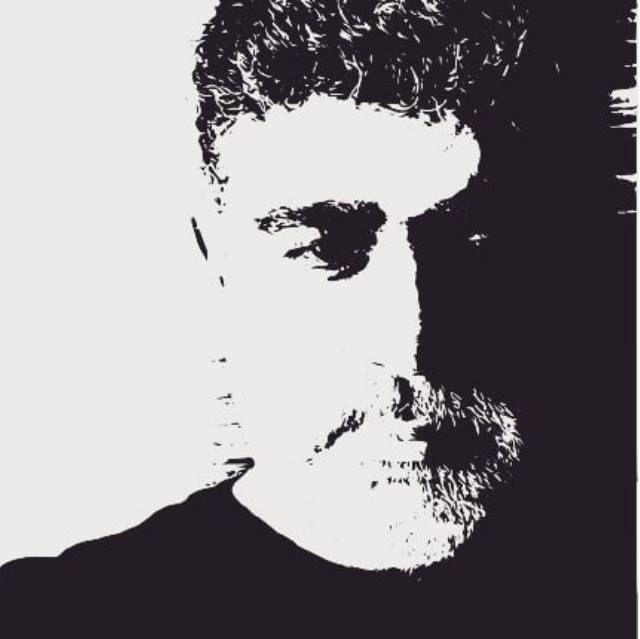Some letters in the Pakistani daily Dawn are sometimes very interesting. Here is another one.. where this guys juxtaposes the melodies born out of the melting pot of Bengal, UP and Punjab.. against the "two nation theory" and partition. How partition took away – ruthlessly – the soul and the many wonders out of what has been great music and what could have been even greater!! Here is the letter:
I have been reading Ayaz Amir’s column every Friday, ‘religiously’. It is never complete without mention of General Musharraf. Perhaps the one and only Friday column, when the general was not mentioned, was when he wrote about Saigal and Muhammad Rafee and the Old Songs broadcast from the erstwhile Radio Ceylon (now Sri Lanka Broadcasting Service). This is what music can do. It makes you forget all grudges and regrets.
Ayaz Amir while eulogising these greats did mention perhaps unwittingly that they belonged to Punjab: “the land of the five rivers”, he said. This, of course, is true but music and art transcend all borders: provincial and ethnic. What would Saigal be without the tutelage of Punkaj Malik, a Bengali, or Rafee without the start he got in the film ‘Jugnu’ with his duet in the company of a reluctant Noor Jehan:
“Yahan badla wafa ka bey wafai ke sewa kia hai". The film was produced and directed by Mehboob, the music director was Naushad: one from the deep south and the other from the north of the subcontinent.
C. H. Atma from Sindh; Dilip Kumar, Prithiviraj Kapoor and his clan from the Frontier; countless stars like Khursheed, Suraiya, Saigal, Malka Pukhraj from Punjab; Punkaj Malik, Kishor Kumar, Gita Dutt from Bengal; Naushad, Talat Mehmood, Akhtari Bai, Kajjan Begum from UP; Lata Mangeskar, Usha Mangeskar, Amir Bai, from the South; Mukesh, Kanan Devi, Kamla Jharia, Raj Kumari, Rasoolan Bai and others from God knows where. There isn’t space enough to name all these greats of music and cinema from every corner of the subcontinent They belonged to all of us and were from everywhere.
O. P. Nayyer, one of the greatest music directors of his time, said that his music would be nothing without Muhammad Rafee: both from Lahore but divided by religion. They reached their peak in far-off Bombay, more than a thousand miles away; what irony! How do we separate the jugalbandi of Bismillah Khan with Bhageshwari, Amjad Ali Khan with T.N. Krishnan or the innovations of Ravi Shankar with Allah Rakkha on the tabla.
“What if” all these greats continued to put their talents together, what wonders could have been achieved. Almost all of them or now gone. The creations of that melting pot of diverse cultures, sufi lores, the bhangra and the mahie; the rhythmic beats of the Frontier, Purab and Bengal; classical ragas, the thumri and the dadra, the dholak and the tabla, can never be put together again in the same way. I am perplexed as to how to apply the ‘Two-nation’ theory to these melodies that have elated millions from the decade of the late 1930s to perhaps the 1960s, when they started dying out slowly as partition began to assert itself.
This ‘What if’ game I sometimes play with a lump in my throat, even though I am no historian.
CAPTAIN S. AFAQ RIZVI
Karachi





